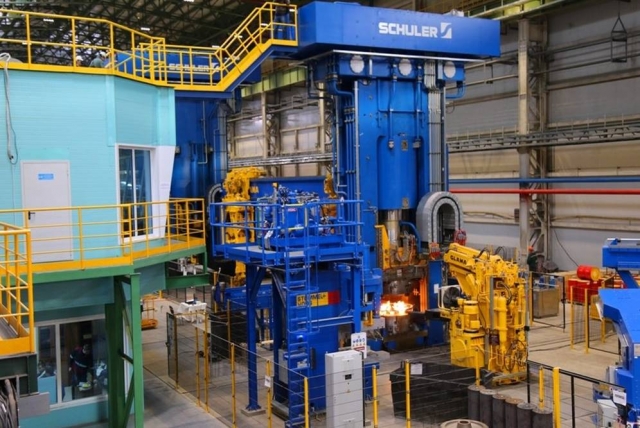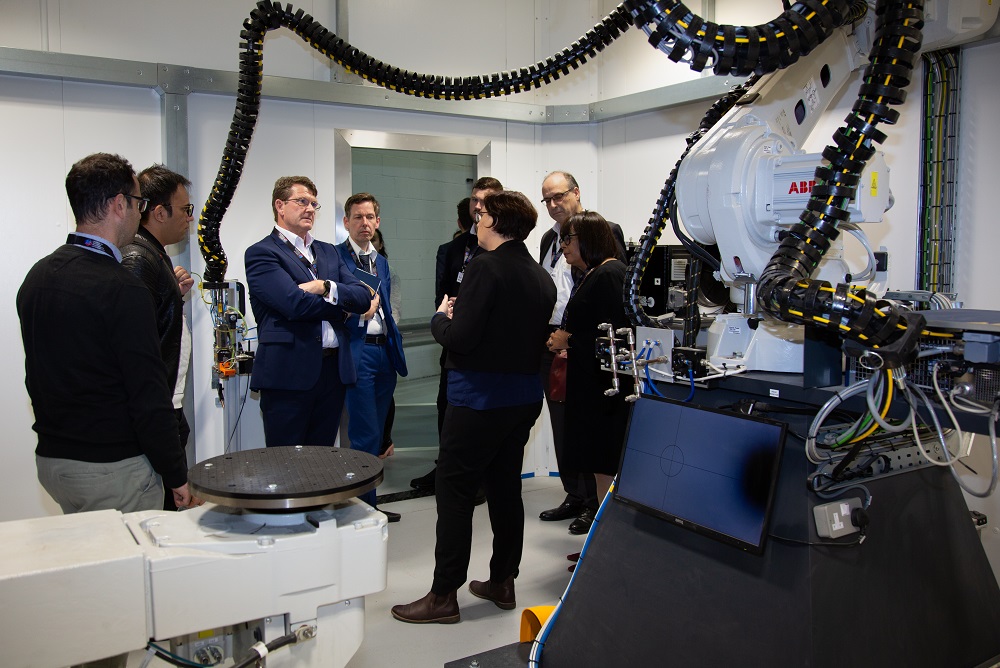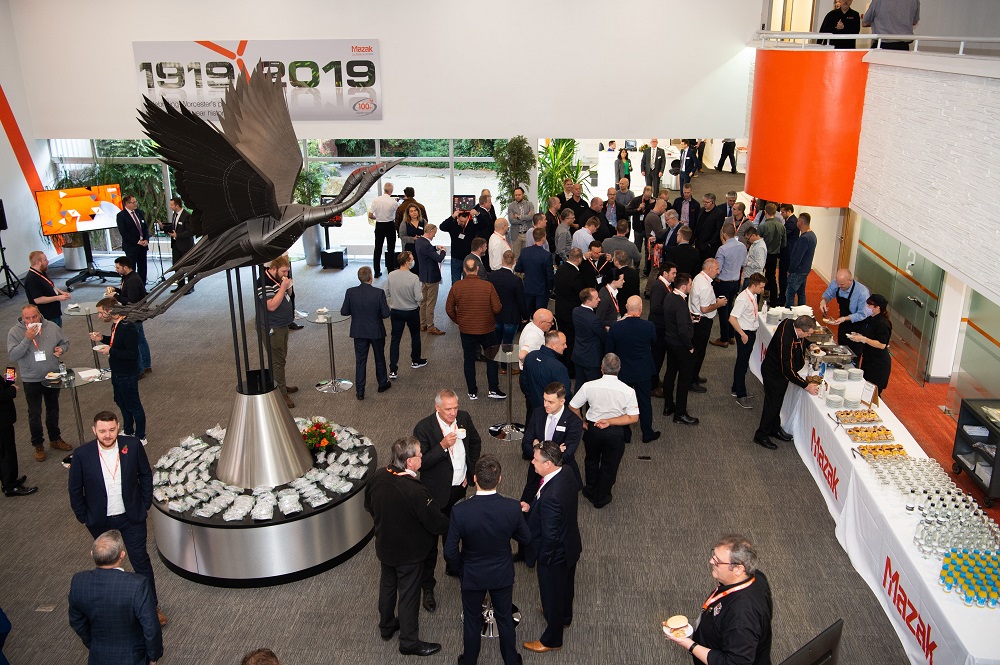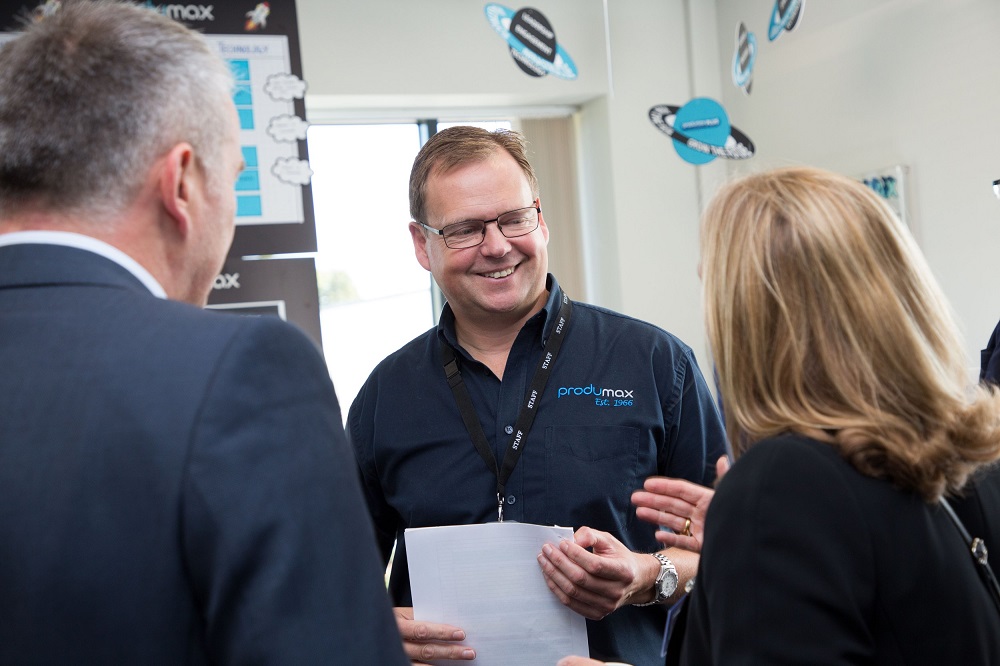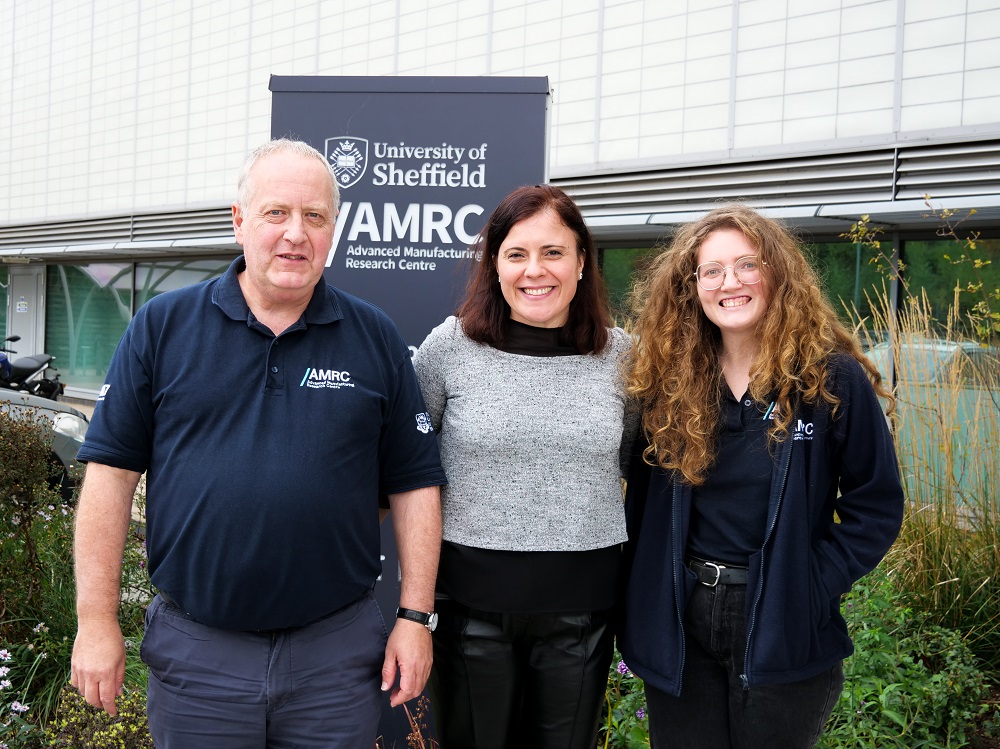India-based Ramkrishna Titagarh Rail Wheels has placed an order for a wheel roller, two forging presses, automation, dies, a rotary hearth furnace and heat treatment, from Schuler and Andritz Metals. Like Schuler, Andritz Metals is part of the international Andritz technology group. Schuler says the order is in the upper double-digit million euro range
Ramkrishna Titagarh Rail Wheels is a joint venture between one of the largest suppliers of forged parts in India and the nation’s biggest manufacturer of railroad wagons in the private sector. The world’s most populous country plans to invest over $700bn in its rail network over the next few years.
“Schuler has already proven its expertise in the manufacture of railroad wheels with numerous production lines installed on the Asian continent,” says Naresh Jalan, managing director of Ramkrishna Forgings. “It was important for us to select a supplier whose equipment stands for high quality.”
Christian Palm, director hydraulic presses at Schuler, adds: “Forged railroad wheels are best at handling the extreme stresses of heavy acceleration and deceleration. We’re pleased to help take rail transportation in India to the next level with this production line.”
The forming of rail wheels takes place in four steps before they enter machining. First, a 10,000 ton hydraulic forging press produces a disc-shaped pre-form from a heated billet in two stages, receiving its final diameter in a wheel roller. Then, the second 5,000-ton press calibrates the rolled-out wheel before axial offsetting and piercing of the hub.
For further information www.schulergroup.com






